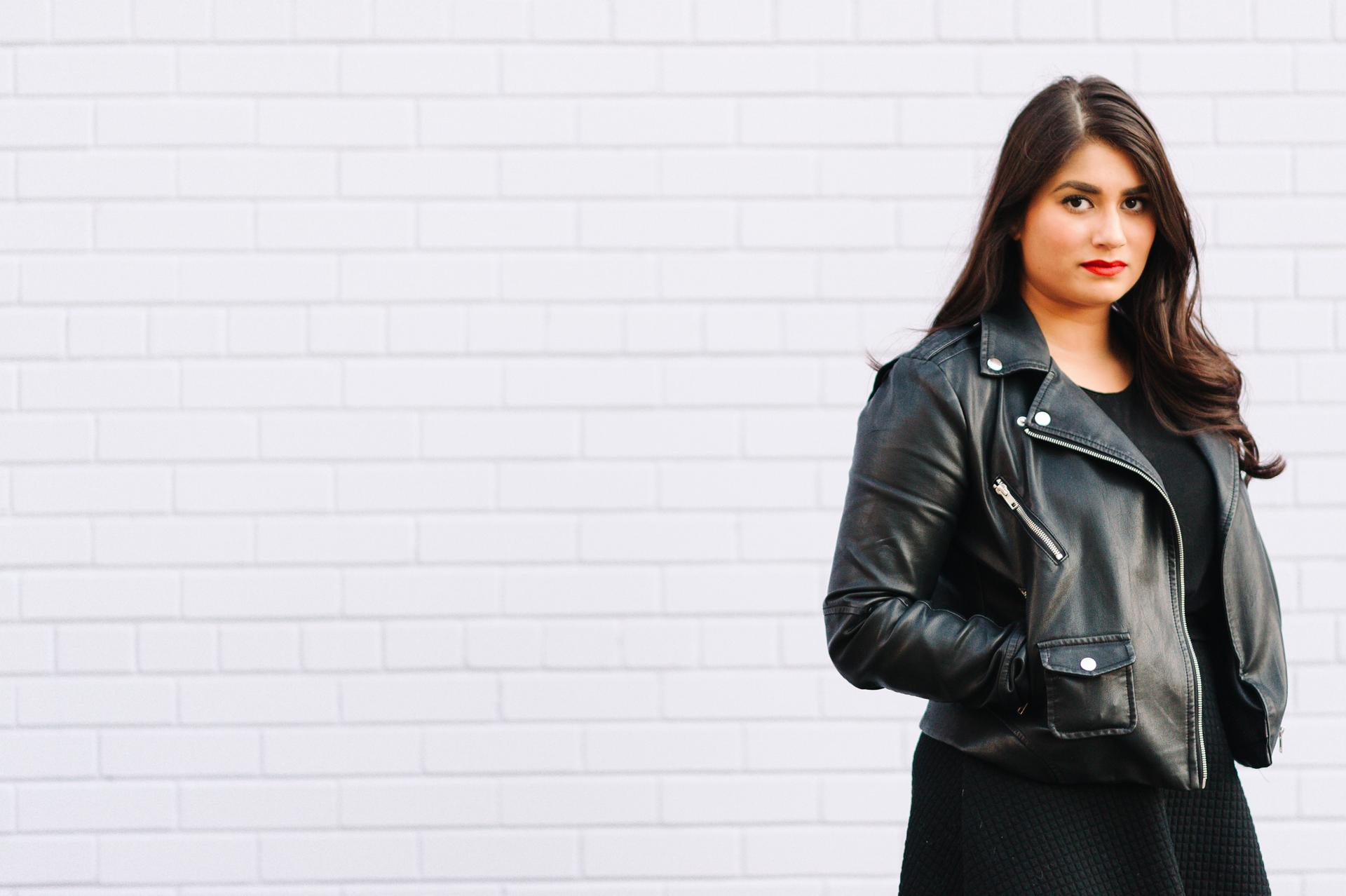Author Scaachi Koul was born and raised in Calgary, Albert and is a culture writer at BuzzFeed.
Scaachi Koul calls her niece “Raisin” for the wrinkled purple skin she was born with. Now 7 years old, the blue-eyed, fair-skinned, half-white Raisin is growing up in the same mostly white Canadian town that Koul did, but with a vastly different experience.
While Koul grew up conscious of her otherness, Raisin passes as white. As a kid, unaware of her brownness, she is mostly oblivious to the painful self-loathing that Koul felt every day. Then Koul realized something: The world isn’t going to know Raisin is brown, either.
"She's going to have such a different life than I did," Koul realized. When the family took Raisin to India for the first time, she stood out. "People we didn't know were obsessed with her because they had never seen blue eyes. She was exotic."
It wasn't just Indians in India; as Raisin’s skin went from the purple of a newborn to peaches and cream, Koul often admired it. Once, when rubbing lotion into the baby’s skin, Koul paused: "Looking at how my skin looked against her eyes, I had this flash of hatred. My skin still isn't as good as hers."
Koul is an essayist and a culture writer for BuzzFeed. She spends a lot of time thinking about racism and how it’s embedded in every aspect of our lives, and our psyches, in deep and complicated ways. "You don't come out of the womb, and say 'I am a racist,'" Koul says, but it seeps in so quickly.
"When I was a kid I sort of thought 'well everyone's poor [In India], and it smells bad,'" Koul remembers. So she wasn't surprised when Raisin said something similar to her at age 5. Racism pervades brown communities even in countries as "open-minded" as Canada. "I have a brown name. I have a brown last name. You know that I'm not from here. … But I still have a kind of privilege because I am fair. I'm basically acting as a white person."
It’s complicated being just brown enough to be “acceptable” in a brown community, but not white enough to really fit in. There’s a mantle Koul feels that she needs to carry for other people of color.
Embracing diversity is something many Canadians like to think the country is known for. It's a mosaic. A place where refugees are welcome and race is a valued thread in the cultural fabric. But that’s a stretch, Koul says. "Canada has incredible racism," she says. There’s police brutality, and it doesn’t stop there. "There is this sheen, and everybody likes to pretend like we're happy shiny people. But then it becomes even harder … to talk about what's actually happening."
When viewed in comparison to leaders like Donald Trump, Canadian politicians do appear to be more progressive on racial and diversity issues, but their words don’t tell the whole story, Koul says. "I look at some of the candidates running for the conservative leadership and I'm terrified. … All I feel right now is nervous," Koul says.
But she admits that "things may be better by the time Raisin is my age." Or at least she hopes they will be.
